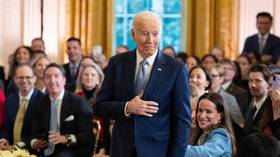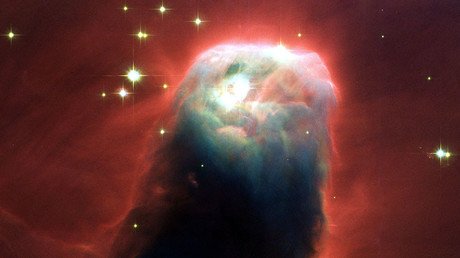China to fast-track adoption of hydrogen cars
China is going a step further in its generous support for hydrogen cars in the form of a package of policies aimed at improving the hydrogen fuel cell car supply chain.
The package will target specifically on long-haul vehicles such as heavy-duty trucks.
China has been actively promoting hydrogen as part of its future energy mix, even including it among energy sources in a national law for the first time earlier this year. It also separated its promotional efforts for hydrogen from those for plug-in electric cars, the two kinds previously bundled together in the New Energy Vehicle category.
There is a plan to have a million hydrogen fuel cell cars on Chinese roads by 2030. That would be up from just 6,000 last year, but questions have been raised about the chances of that plan panning out after reports emerged last year that Beijing planned to end subsidies for fuel cell cars at the end of this year.
The country's finance ministry confirmed the reports, saying that "Some carmakers have become over-reliant on subsidies and thus find it difficult to compete in the global markets. And despite the financial support, China's fuel cell industry has not made breakthroughs and has not seen rapid development."
Also on rt.com Tesla's newest rival is taking the stock market by stormChina is ending subsidies for all other non-ICE cars, too, but since those have been phased out gradually, the expiry came as no surprise. Subsidies for hydrogen fuel cell vehicles, on the other hand, were kept the same over the years.
Yet despite the removal of subsidies, it seems Beijing still believes there is a future in hydrogen fuel cell technology for the transport sector. The new package, according to a senior official from the finance ministry as quoted by Reuters, will seek to help companies that research and develop breakthrough technology in the hydrogen fuel cell field. Local authorities will also be encouraged to stimulate more hydrogen car production in their regions.
This article was originally published on Oilprice.com












